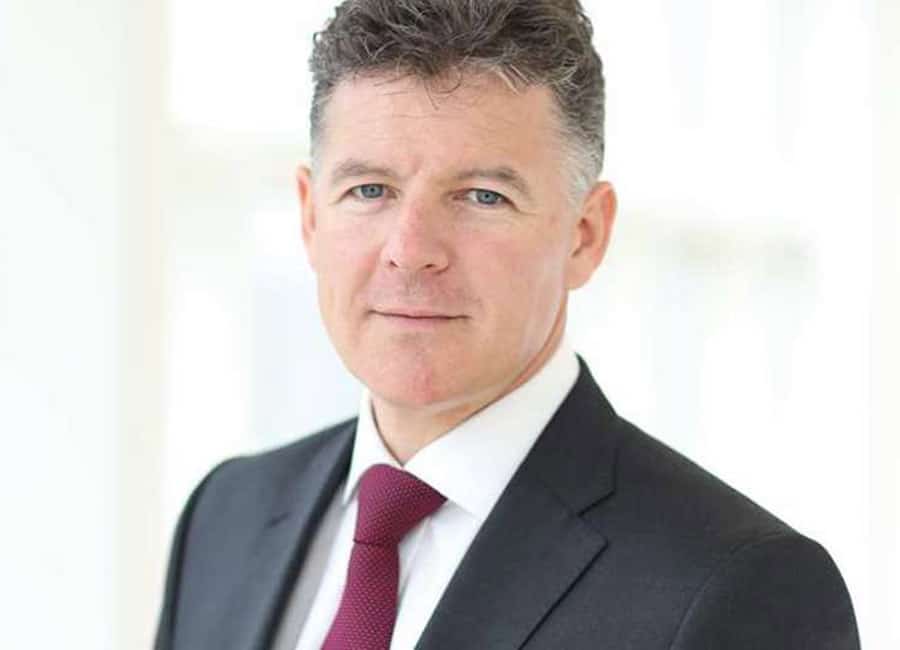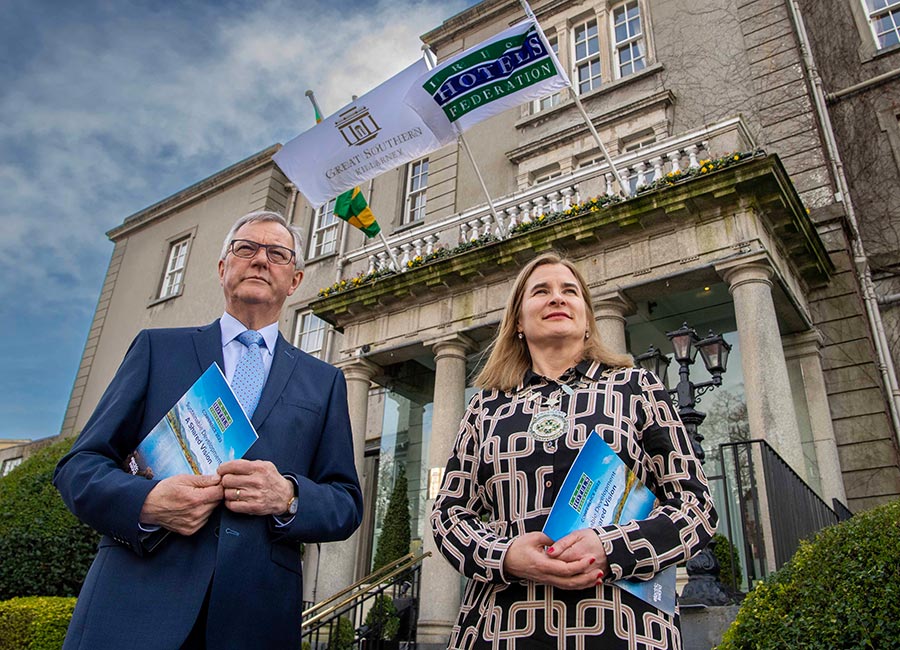The majority of SMEs believe turnover will increase in the next 12 months despite difficulty in meeting salary demands, with four in five small firms finding that retaining staff a significant challenges.
The BDO and Ibec 2022 SME Sentiment Index surveyed 167 senior managers in firms employing 10-250 people.
While three in five SMEs have confidence that revenue will increase over the next year, the remaining 40% were split between those who expect revenue to be unchanged and 20% who believe turnover will decline.
Salary demands, the impact of wider inflationary pressures on margins and difficulty finding candidates with the right skills are the top challenges faced by SMEs, according to the survey responses.
Some 70% of respondents also believe Covid-19 has impacted hiring employees from outside of Ireland, with one in four claiming it has changed this hiring process significantly.
Michael Costello, BDO managing partner, commented: “It’s clear from the results that the local and international business landscape for Irish SMEs is challenging.
"Some of those challenges, such as recruitment and retention of staff, have been concerning business leaders for some time. Others such as rising energy and commodity prices are new and need to be actively addressed.
"However, businesses continue to grow, building on the positive outcomes of the pandemic – focusing on people’s wellbeing and work life balance, and leveraging innovative technologies.”
The survey also found that 45% of SMEs invest in R&D compared to 43% who don't have any R&D plans at present or expect to in future.
Businesses also expect staff to travel half as much this year as they did in 2019.
In terms of working arrangements, companies predicted that an average of 54% of staff would work on site on a full-time basis over the next six months, 34% will be hybrid, and 12% will solely work from home.
Over the next three years, 77% believe their business working model will be a hybrid of remote and onsite. Only 20% believe it will be fully onsite and just 5% think it will be fully remote.
One in two of organisations surveyed believe that there are no specific benefits of employees working from home - citing staff engagement (37%), monitoring real-time performance (26%), and data security (9%) as the three main challenges in managing remote working.

Elsewhere, AIB's Spend Trend monitor reports that consumer spending in July fell for the first time month-on-month since January.
Despite this overall decrease, spending significantly increased in businesses supported by domestic Irish tourism. Hotels saw a 13% increase in spend, spend in pubs and off-licences rose 11% and restaurants saw a 5% increase. Spending on groceries also rose by 2%.
All other sectors saw decreases, including airline travel (-8.5%), clothing (-7%), electronics (-1%) hardware (-5%) and health & beauty (-6%) and homewares (-4%).
Reflecting the increase in domestic travel, spending by Dubliners rose in every county except Kildare and Longford, and as much as 55% in Wexford, 53% in Kerry, 26% in Cork and 16% in Galway.
John Brennan, head of SME banking at AIB, said: "As is typical in the later summer months when fewer holidays are being booked, consumers spent less on airline travel, but spending in the sector is much higher than last year when Covid-19 travel restrictions were still prominent.
“Digital wallet payments are up 6%, showing how increasingly popular the cashless payment method is becoming with the public. They are now spending nearly €13m euro a day by tapping their phones and watches. This is equivalent to nearly one in every seven euro during the month being spent via a digital wallet.”
The data was compiled from over 1m card transactions by Irish consumers during July 2022 and has been anonymised and aggregated.
Photo: Michael Costello











